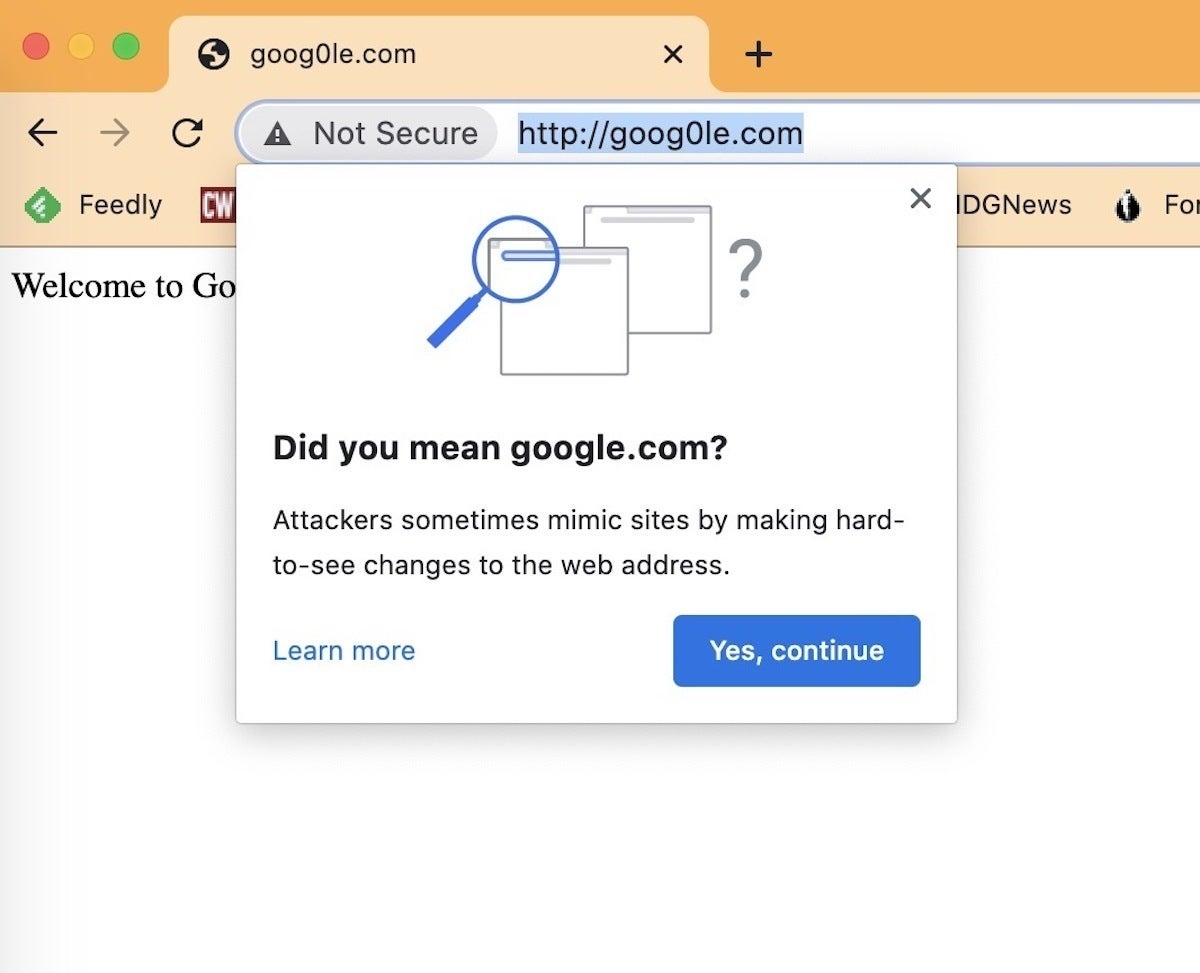

While Chrome security warnings are shown as a danger red page, Google search results show a hyperlinked warning right below the infected website’s URL.

You are either alerted through a warning on the Chrome browser or via a warning beneath the website in search results. This protection applies only to the Chrome browser and doesn't affect malware in Android apps, but the company said it's always looking for ways to improve the APP.Google often displays security alerts to prevent you from entering a malicious or hacked website.

People enrolled in APP will be far more restricted when it comes to what kinds of files they can download. Though Chrome's malware protection blocks known malware, the APP will block both known malware and unknown types of files. This protection standard is stronger than what Google offers normal Chrome users, the company said.

Once the protections are activated, Google Chrome will automatically block or warn about file downloads it considers risky. If you have privacy concerns about the tech giant, you should know that this means every device you're using with Google Chrome logs your web and app activities. To turn on the APP's new Chrome protections, users have to go to their Chrome browser and turn on Sync. "Attackers are shifting their strategies to threaten Advanced Protection users outside of email with linked malware and 'drive-by downloads' where users unknowingly download harmful software onto their devices," the company said. As a result of their circumstances, they're more likely to be hacked.īecause the APP already protected people from malware that was sent through Gmail, hackers have started targeting people outside of their inboxes, Google said in a statement. Google's protection program is offered to people in high risk situations, like campaign staffers, journalists, activists and people in abusive relationships. While the APP sought to prevent hacked Google accounts by adding higher access standards, like requiring a security key and limiting third-party access, it didn't specifically address internet malware, which hackers can still use to spy on and track their victims. On Tuesday, Google said it's expanding the program to help block out malware via Chrome. But there are more ways for hackers to attack people than hijacking an email inbox. When Google unveiled its Advanced Protection Program in 2017, the tool was specifically meant to prevent hackers from taking over people's Gmail accounts.


 0 kommentar(er)
0 kommentar(er)
